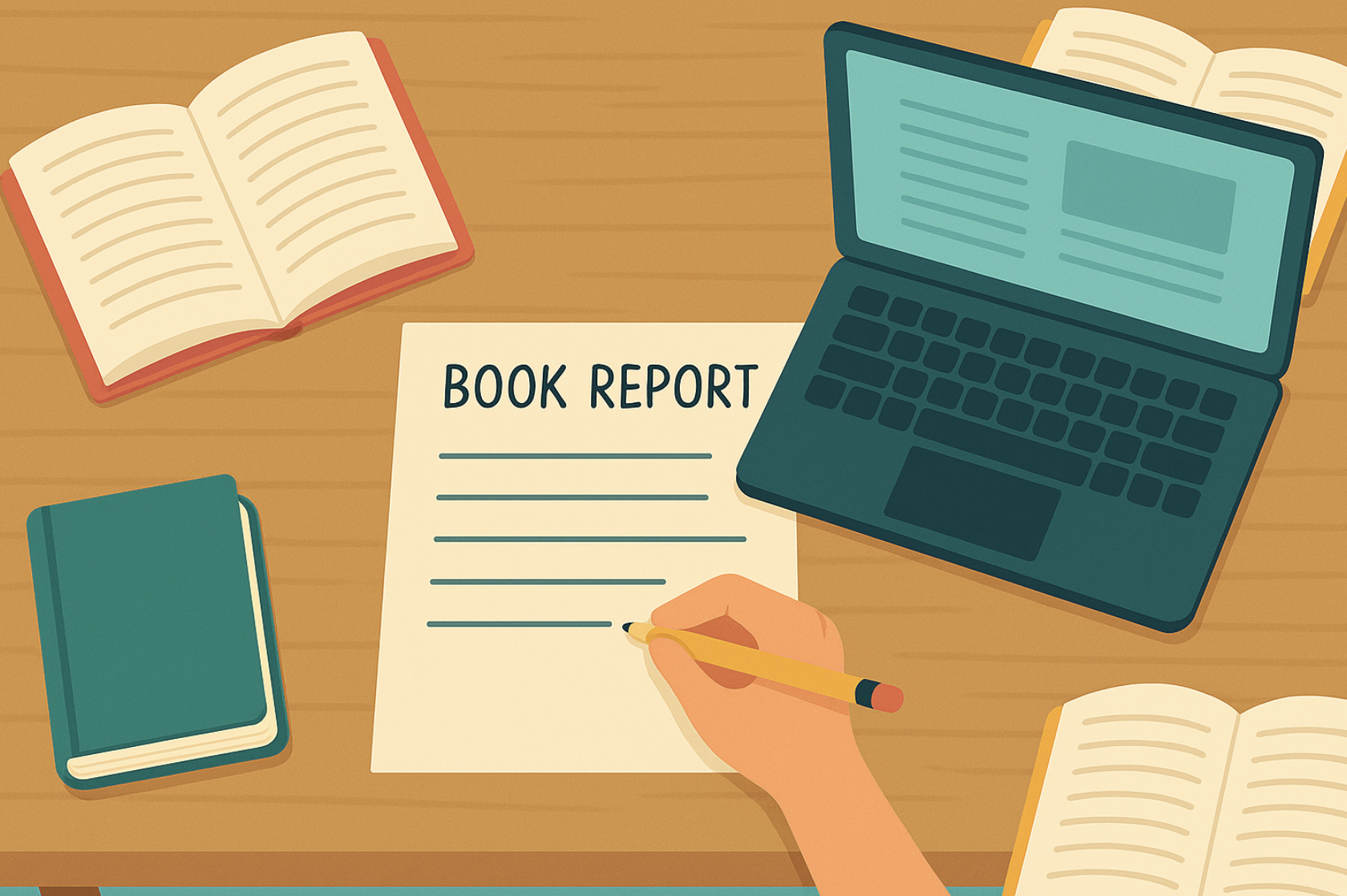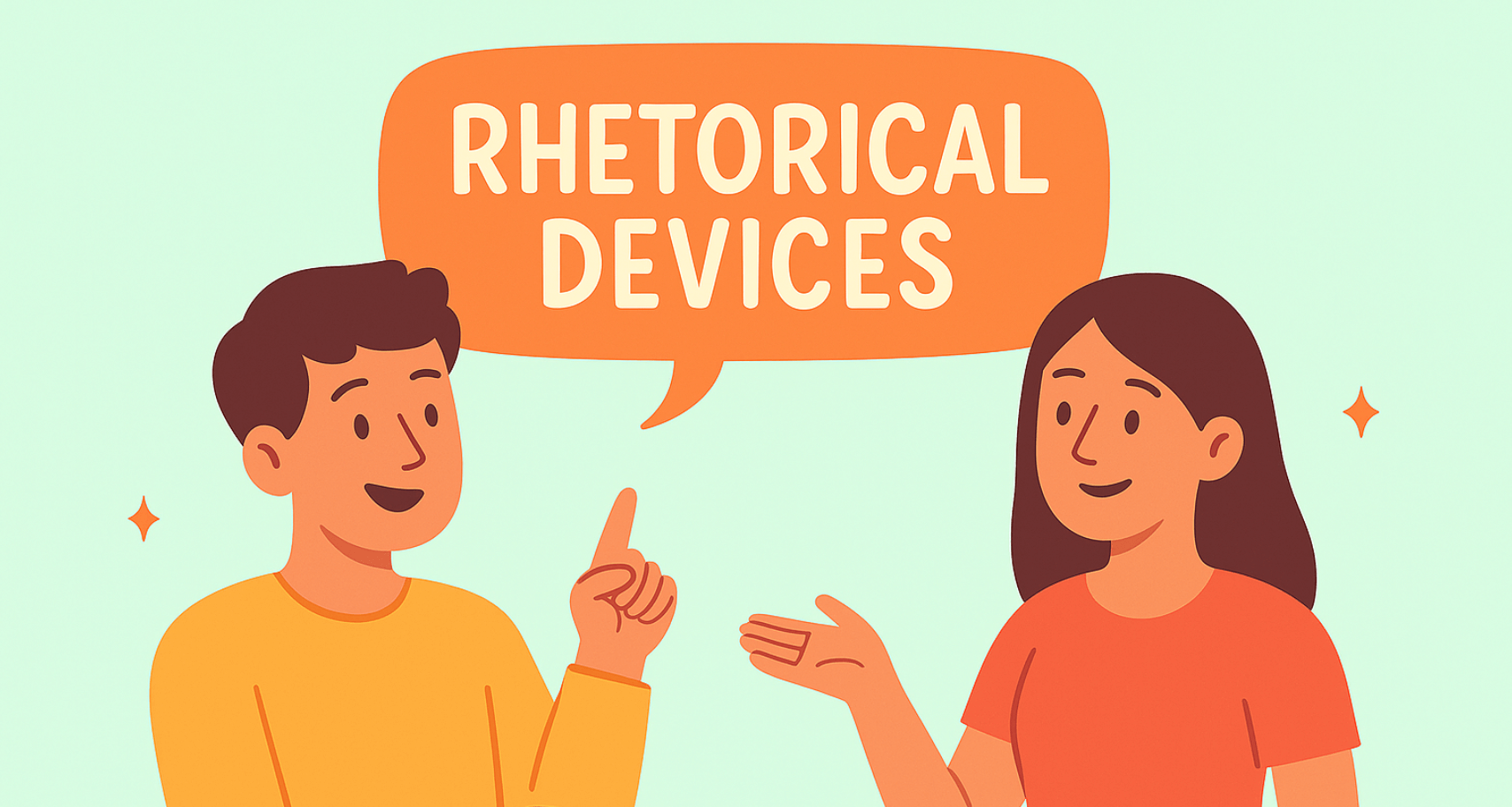Entering the writing industry can be both exciting and daunting for beginners. One crucial aspect to consider is potential income, as this significantly influences career decisions and expectations. Understanding how much money a beginner book writer can earn is vital for setting realistic financial goals and planning a sustainable writing career.
There are several avenues available for writers to explore, each with its income potential and challenges. Traditionally published authors typically work with established publishing houses that handle production, distribution, and marketing. While this route can offer advances and royalties, earnings vary widely based on many factors, like genre, publisher reputation, and market demand.
Freelance writing offers another path, allowing writers to work on various projects for different clients. This flexibility can be appealing, but income fluctuates depending on the writer’s ability to find clients, negotiate rates, and produce high-quality work consistently. Freelance writing encompasses a broad range of opportunities, from content marketing and blog posts to specialized niches like science fiction and non-fiction.
Self-publishing is a third option that has gained popularity with the rise of digital platforms. Authors who choose this route have greater control over their work but also bear the costs of production, marketing, and distribution. Income from self-publishing depends heavily on the author’s ability to market their books and attract a readership.
Your Publishing Journey Awaits – Start NowSeveral key factors influence a beginner writer’s income, including writing skills, marketing strategies, genre popularity, and the ability to build a loyal audience. By understanding these factors and the different writing avenues, aspiring writers can make informed decisions and strategize effectively to make money for their writing careers.
Overview: Beginner Writer Income
Aspiring writers often wonder how easy making money can be and how much they can expect to earn at the beginning of their careers. While earnings can vary widely depending on the path chosen, it’s important to set realistic expectations and understand the factors that influence income. Here’s a brief overview of what beginner writers can typically make across different writing avenues:
Traditionally Published Authors:
Beginners in traditional publishing may receive advances ranging from $1,000 to $10,000, with royalties of 5-15% on book sales. Income depends on the success of the book, the genre, and the publisher’s marketing efforts. For instance, Stephen King’s early career saw modest advances, which grew significantly as his books gained popularity.
Freelance Writers:
Income for beginner freelance writers varies widely. Rates can range from $0.05 to $0.20 per word, with hourly rates between $20 and $50. Monthly earnings might start at a few hundred dollars, increasing to a few thousand with experience, higher-paying clients, and specialized skills.
Self-Published Authors:
Earnings for self-published authors are highly variable. Royalties range from 35% to 70% of the book’s sale price, depending on the platform and pricing strategy. While some self-published authors, like Amanda Hocking, have earned millions, the average author may earn modestly. Average earnings depend on many factors, such as book quality, marketing efforts, and genre demand.
Factors Influencing Income:
Key factors include writing skills, marketing strategies, social media presence, and genre popularity. Diversifying income through multiple streams, such as combining freelance writing with traditional and self-publishing, can enhance financial stability.
By understanding these aspects and continuously improving their craft, beginner writers can strategically navigate their careers and maximize their earning potential.
Traditionally Published Authors
Traditional publishing involves an author partnering with an established publishing house to produce and distribute their book. This process typically begins with the author submitting a manuscript or book proposal to a literary agent, who then pitches it to various publishers. If a publisher is interested, they offer a contract that includes an advance payment and details about royalties, rights, and responsibilities.
Traditional publishers play a crucial role in the book’s journey from manuscript to market. They handle the editorial process, including developmental editing, copyediting, and proofreading to ensure the book meets high-quality standards. Publishers also manage production aspects, such as designing the book cover, formatting the interior, and printing physical copies. Additionally, they oversee marketing and distribution, leveraging their networks to promote the book through bookstores, online retailers, and media outlets. This comprehensive support allows authors to focus primarily on writing, while the traditional publisher handles the business and logistical aspects of bringing the book to market.
Income Potential
The income potential for traditional publishing can vary significantly. One primary source of income is the advance, a lump sum paid to the author before the book is published. Advances can range from a few thousand dollars for debut authors to substantial six-figure sums for highly anticipated works. The size of the advance often reflects the publisher’s confidence in the book’s commercial success.
Once the book is published, authors earn royalties, a percentage of the book’s sales. Royalties are typically calculated based on the book’s retail price and can range from 5% to 15% for hardcover editions and 5% to 10% for paperback editions. E-book royalties are usually higher, often around 25%. However, authors only start receiving royalty payments after the advance has been “earned out,” meaning the book’s sales have covered the initial advance amount.
Influencing Factors
Several factors influence how much a traditionally published author can earn. The genre and market demand play crucial roles; popular genres like romance, mystery, and science fiction often have larger audiences and higher sales potential. The reputation of the publisher can also impact sales, as established publishers generally have better distribution networks and marketing capabilities. Additionally, the author’s platform and ability to engage with their audience through social media, book tours, and other promotional activities can significantly boost book sales.
For example, Stephen King’s early career exemplifies the potential of traditional publishing. His debut novel “Carrie” earned a modest advance but became a bestseller, leading to increased advances and royalties for subsequent books. This success story illustrates how a strong debut can pave the way for a lucrative writing career.
Challenges and Costs
While traditional publishing can provide significant benefits, it also presents challenges and costs that authors must consider. One of the primary challenges is securing a publishing deal in the first place. The submission process can be highly competitive, with many manuscripts vying for the attention of agents and publishers. Authors often face numerous rejections before securing a contract.
Once a deal is secured, the author relinquishes a degree of control over their work. The publisher typically has the final say in various aspects of the book, including editorial decisions, cover design, and marketing strategies. This lack of control can be frustrating for authors who have a strong vision for their work.
Your Publishing Journey Awaits – Start NowAnother consideration is the financial cost associated with literary agents. Most authors who traditionally publish work with an agent who helps negotiate contracts and manage the business aspects of their career. Agents typically charge a commission of around 15% of the author’s earnings from book sales, advances, and royalties. While this fee can be seen as an investment in the author’s career, it does reduce the overall income.
Additionally, traditional publishing can involve significant time investment. The process from manuscript submission to publication can take a year or more, which means authors must be patient and prepared for a lengthy timeline before seeing financial returns. Despite these challenges, many authors find the support and resources provided by traditional publishers invaluable in building their writing careers.
Freelance Writers
Freelance writing involves working independently to provide written content for various clients on a project-by-project basis. Freelancers are self-employed, managing their workload, schedules, and client relationships. This career path offers flexibility and the opportunity to work on diverse projects.
There are numerous types of freelance writing jobs, catering to different interests and skills. Common niches include content marketing, where writers create engaging articles, blog posts, and web content to promote businesses and products. Blog posts are another popular type, allowing writers to share expertise and insights on various topics. Some freelancers specialize in creative writing, such as science fiction or non-fiction, crafting compelling stories or informative content. Each niche requires a unique set of skills and offers different income potentials.
Income Potential
The income potential for freelance writers can vary widely depending on experience, niche, and the ability to find and retain clients. Freelance writing rates are generally calculated per word, per hour, or per project. Beginner freelance writers earn between $0.05 to $0.20 per word, while more experienced writers can command rates upwards of $1.00 per word. Hourly rates typically range from $20 to $100 or more, depending on the freelance writer’s expertise and the complexity of the project.
Finding clients is a critical aspect of maximizing income potential. New freelancers often start by bidding on job boards like Upwork, Freelancer, or Fiverr, where they can connect with clients looking for writers. As they build their reputation and portfolio, freelancers can move to higher-paying opportunities through platforms like Contently or Skyword, which cater to more established writers.
Examples of beginner freelance writers’ income vary. A writer just starting might earn a few hundred dollars per month, while those who quickly build a solid client base and specialize in lucrative niches can make thousands. For instance, a content marketer specializing in SEO can earn significantly more than a generalist writer due to the higher demand for specialized skills.
To achieve higher income levels, freelancers need to consistently produce high-quality work, meet deadlines, and effectively market their services. Building long-term relationships with clients can lead to recurring work and referrals, further boosting income potential.
Building a Freelance Career
Building a successful freelance writing career requires a combination of writing skills, marketing savvy, and networking abilities. Excellent writing skills are fundamental; freelancers must be able to produce clear, engaging, and error-free content. Understanding different writing styles and being adaptable to various client needs is also crucial.
Marketing skills are essential for attracting clients and promoting services. Freelancers should be adept at creating compelling pitches, writing effective proposals, and showcasing their expertise. Social media platforms like LinkedIn, Twitter, and professional writing communities can be valuable tools for networking and finding clients.
Networking is another key component. Building relationships with other writers, industry professionals, and potential clients can open doors to new opportunities. Attending writing conferences, participating in online forums, and joining professional associations can help freelancers expand their network and gain visibility.
Platforms to find work are abundant and varied. Job boards like Upwork, Freelancer, and Fiverr are common starting points. As freelancers gain experience, they can leverage more specialized platforms like Contently, Skyword, and ProBlogger. Social media can also be a powerful tool for finding work; many freelancers find clients through LinkedIn connections or by promoting their services on Twitter.
Building a portfolio and client base is vital. A portfolio showcases a freelancer’s best work and demonstrates their ability to potential clients. Starting with smaller projects and gradually taking on more complex assignments helps build credibility. Client testimonials and case studies can further enhance a freelancer’s reputation. Consistently delivering high-quality work and maintaining good relationships with clients can lead to repeat business and referrals, providing a stable income stream and growth opportunities.
By honing their skills, effectively marketing their services, and building a robust network and portfolio, freelance writers can create a successful and sustainable career in the competitive world of freelance writing.
Self-Published Authors
Self-publishing is a method where authors publish their books independently, without the involvement of a traditional publishing house. This process grants authors complete control over the production, distribution, and marketing of their work. The self-publishing journey typically begins with writing and editing the manuscript, followed by designing the book cover and formatting the interior for print and digital versions of paperback books.
Platforms like Amazon Kindle Direct Publishing (KDP), Smashwords, and Apple Books are popular choices for self-publishing. These platforms provide tools for uploading manuscripts, designing covers, and setting prices. They also offer distribution services, making books available to a global audience. With self-publishing, authors retain more creative control and a higher percentage of royalties, but they also bear full responsibility for the quality and marketing of their books.
Income Potential
The income potential can be substantial but highly variable. One key aspect is understanding the sales dynamics, including the number of books sold and the royalties earned per sale. Platforms like Amazon KDP offer royalties ranging from 35% to 70% of the book’s sale price, depending on the pricing and distribution options chosen by the author. This is significantly higher than the typical 10-15% royalties offered by traditional publishers.
Your Publishing Journey Awaits – Start NowSuccessful authors who self-publish can earn impressive incomes. For instance, Amanda Hocking, a prominent self-published author, sold over a million copies of her books, earning millions of dollars in the process. Similarly, Mark Dawson, another self-publishing success story, has generated a substantial income through strategic marketing and building a loyal reader base. These case studies highlight the potential for financial success through self-publishing, particularly for authors who effectively market their books and connect with their target audience.
Influencing Factors
However, average earnings can vary widely. While some authors achieve significant financial success, many earn modest incomes. Variables affecting income include the book’s genre, quality of writing, marketing efforts, and the author’s ability to engage with readers. Genres with large, dedicated readerships, such as romance or science fiction, tend to have higher sales potential. Additionally, investing time in producing high-quality content and actively marketing the book can significantly boost sales and earnings.
Challenges and Costs
Self-publishing offers numerous benefits, but it also comes with challenges and costs that authors must navigate. One of the primary challenges is the initial investment required. Unlike traditional publishing, where the publisher covers production costs, self-published authors must bear these expenses themselves. This includes costs for professional editing, cover design, formatting, and sometimes printing costs if the author opts for physical copies. Additionally, marketing expenses can add up as authors need to promote their books to reach potential readers.
Producing high-quality content is crucial for self-publishing success. This means investing in professional editing to ensure the manuscript is polished and error-free. A compelling book cover, which often requires the skills of a professional designer, can significantly impact a book’s marketability. The interior formatting should also meet industry standards to provide a good reading experience.
Managing sales and marketing is another critical aspect. Unlike traditionally published books and authors who rely on their publishers’ marketing efforts, self-published authors must take the initiative to promote their books. This includes creating and maintaining an author website, leveraging social media, running advertising campaigns, and engaging with readers through newsletters and book signings. Effective marketing requires not only financial investment but also time and effort to build and sustain.
The probability of success in self-publishing hinges on the author’s ability to balance these challenges. While the potential for higher earnings and creative control is appealing, self-publishing demands significant effort, strategic planning, and ongoing commitment. Authors must be prepared to invest time, money, and energy into every aspect of the publishing process to achieve their financial and career goals.
In summary, self-publishing offers a viable and potentially lucrative path for authors willing to take on the associated challenges and responsibilities. By understanding the process, managing costs, and focusing on quality and marketing, authors can create successful and sustainable writing careers.
Developing Writing Skills
Writing skills are crucial for success in any writing career. High-quality writing attracts more readers, enhances credibility, and increases the likelihood of securing better-paying opportunities. Skillful writing involves clarity, creativity, and the ability to engage and persuade the audience. This directly impacts earning potential, as publishers, clients, and readers are more likely to invest in and support well-written content. There is a clear correlation between skill level and income; proficient writers can command higher rates and are more competitive in the market, leading to greater financial rewards and career longevity.
Improving Writing Skills
Improving writing skills is an ongoing process that requires dedication and access to the right resources. Writing workshops provide valuable opportunities for learning and feedback from experienced writers and peers. These workshops often focus on specific aspects of writing, such as plot development, character creation, or nonfiction techniques, offering targeted skill enhancement.
Online courses are another excellent resource for writers looking to improve. Platforms like Coursera, Udemy, and MasterClass offer courses taught by renowned authors and writing professionals. These courses cover a wide range of topics, from basic grammar and style to advanced storytelling techniques, allowing writers to learn at their own pace.
Books on writing, such as “On Writing” by Stephen King or “Bird by Bird” by Anne Lamott, offer insights and practical advice from successful authors. These resources can provide inspiration and guidance, helping writers refine their craft.
Practicing regularly and receiving feedback is essential for improvement. Joining writing groups or online communities, such as Scribophile or Wattpad, allows writers to share their work and receive constructive criticism. This feedback helps identify strengths and areas for improvement, facilitating continuous growth and skill development.
Writing Multiple Books
Writing multiple books is beneficial for both income and skill improvement. Each new book offers an opportunity to hone writing techniques, experiment with different styles and genres, and learn from past experiences. This iterative process helps writers refine their craft and produce higher-quality work over time. Additionally, having multiple books in the market increases visibility and potential earnings. Authors like J.K. Rowling and Brandon Sanderson found significant success through persistence and the continuous release of new works, demonstrating how writing multiple books can lead to both financial stability and professional growth.
Factors Influencing Income
Several external factors significantly influence a writer’s income beyond their direct writing efforts.
A strong social media presence is crucial in today’s digital age. Platforms like Twitter, Instagram, and Facebook enable writers to connect with readers, build a loyal following, and promote their work. Effective marketing strategies, such as email newsletters, blog posts, and participation in online communities, can also boost visibility and sales.
Your Publishing Journey Awaits – Start NowThe genre of the writing plays a substantial role in income potential. Genres like romance, mystery, and science fiction tend to have large, dedicated audiences, increasing the likelihood of higher sales. Conversely, niche genres may attract fewer readers but can still be profitable if they cater to a specific, passionate audience. Understanding audience demand and aligning writing projects with popular or emerging genres can significantly enhance a writer’s earning potential.
Multiple Streams of Income
Diversifying income streams is a strategic approach to achieving financial stability and growth in a writing career. Relying on a single source of income can be risky, especially in a fluctuating market. Writers can explore various avenues, such as freelance writing, traditional publishing, and self-publishing, to create multiple revenue streams.
Freelance writing offers flexibility and a broad range of opportunities, from content marketing and blog posts to specialized articles. This allows writers to earn consistently while working on longer-term projects like books. Traditional publishing can provide advances and royalties, adding another layer of income. Although it may take time to secure a deal and see financial returns, the support and distribution capabilities of established publishers can be valuable.
Self-publishing allows writers to retain a larger share of royalties and have complete control over their work. Platforms like Amazon Kindle Direct Publishing and Smashwords enable writers to publish and market their books directly to readers. Combining self-publishing with freelance writing and traditional publishing can maximize a writer’s earning potential.
Leveraging different platforms and opportunities ensures that writers are not overly dependent on a single income source. It allows them to tap into various markets and audiences, increasing overall financial resilience. By diversifying their efforts and continuously seeking new opportunities, writers can build a sustainable and lucrative career.
Conclusion: Setting Realistic Expectations
Understanding the income potential of beginner writers is crucial for setting realistic financial goals and expectations. Traditionally published authors might see advances ranging from $1,000 to $10,000, with royalties varying based on book sales. Freelance writers can start earning a few hundred dollars a month, potentially increasing to a few thousand with experience and specialized skills. Self-published authors have highly variable incomes, with royalties between 35% and 70% of sales, heavily influenced by marketing efforts and genre demand.
Setting clear financial goals helps in making informed decisions and planning a sustainable writing career. Recognize that initial earnings may be modest and that building a successful career takes time. Diversifying income streams, continuously improving writing skills, and engaging in effective marketing can enhance financial stability and growth.
Pursuing a writing career requires perseverance and strategic planning. While the journey may involve challenges, the rewards of creativity, independence, and the potential for substantial income are attainable with dedication. Embrace continuous learning, adapt to industry changes, and remain committed to your writing goals. By setting realistic expectations and persistently working towards them, you can build a fulfilling and successful writing career.
FAQ’s: How Much Do Beginner Writers Make?
Q1: How much can a beginner writer expect to make in their first year?
A: Earnings vary widely. Traditionally published authors might earn between $1,000 to $10,000 from advances and royalties. Freelance writers could start with a few hundred dollars per month, potentially reaching a few thousand with experience. Self-published authors’ incomes are highly variable, with some earning modest amounts and others making significant sums depending on sales and marketing efforts.
Q2: What factors most influence a beginner writer’s income?
A: Key factors include writing skills, marketing strategies, genre popularity, social media presence, and the ability to build a loyal audience. Diversifying income through freelance writing, traditional publishing, and self-publishing can also impact earnings.
Q3: Is it necessary to have a literary agent for traditional publishing?
A: While not absolutely necessary, having a literary agent can be highly beneficial. Agents help negotiate contracts, secure better deals, and navigate the complexities of the publishing industry, increasing the chances of success for traditionally published authors.
Q4: How can freelance writers find higher-paying clients?
A: Freelance writers can find higher-paying clients by building a strong portfolio, gaining experience, and specializing in lucrative niches. Networking, leveraging social media, and using platforms like Contently and Skyword can also help attract better opportunities.
Q5: What are the typical costs associated with self-publishing?
A: Self-publishing costs can include professional editing, cover design, formatting, and marketing expenses. Authors may also invest in print-on-demand services if they choose to offer physical copies. These costs can range from a few hundred to several thousand dollars, depending on the quality and extent of services used.
Q6: How can writers improve their writing skills?
A: Writers can improve their skills by participating in writing workshops, taking online courses, reading books on writing, and practicing regularly. Receiving feedback from peers or joining writing groups and communities can also be invaluable for growth.
Q7: Is it possible to make a full-time living as a writer from the beginning?
A: Making a full-time living as a beginner writer is challenging but possible with dedication, strategic planning, and continuous improvement. Most writers start with part-time earnings and gradually build up their income through multiple streams and persistent effort.
Q8: How important is social media for a writer’s success?
A: Social media is increasingly important for a writer’s success. It helps build a platform, engage with readers, and market books effectively. A strong online presence can significantly enhance visibility and sales.
Q9: What are the benefits of writing multiple books?
A: Writing multiple books helps improve writing skills, increases visibility, and builds a loyal reader base. It also provides multiple revenue streams, contributing to a more stable and potentially higher income over time.
Q10: What is the difference between traditional publishing and self-publishing in terms of control and earnings?
A: Traditional publishing involves working with a publishing house that handles production, marketing, and distribution but takes a larger share of profits and retains significant control over the final product. Self-publishing offers complete control and higher royalties per sale, but the author bears all production and marketing responsibilities. Earnings in both paths depend on various factors, including the author’s efforts and market demand.
Your Publishing Journey Awaits – Start Now






